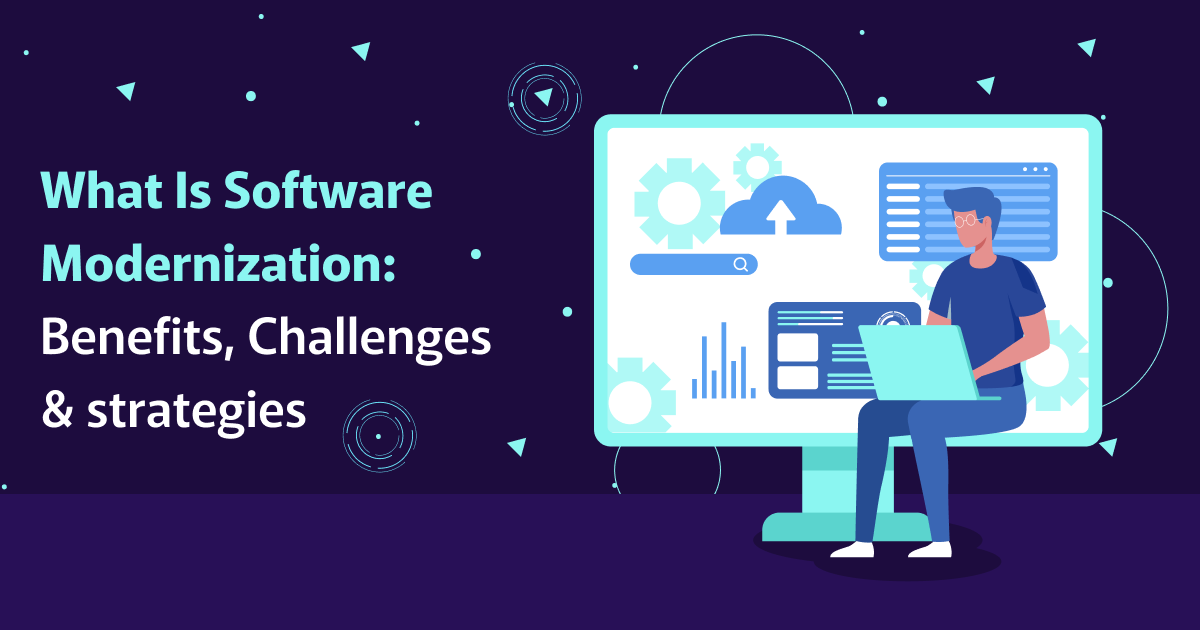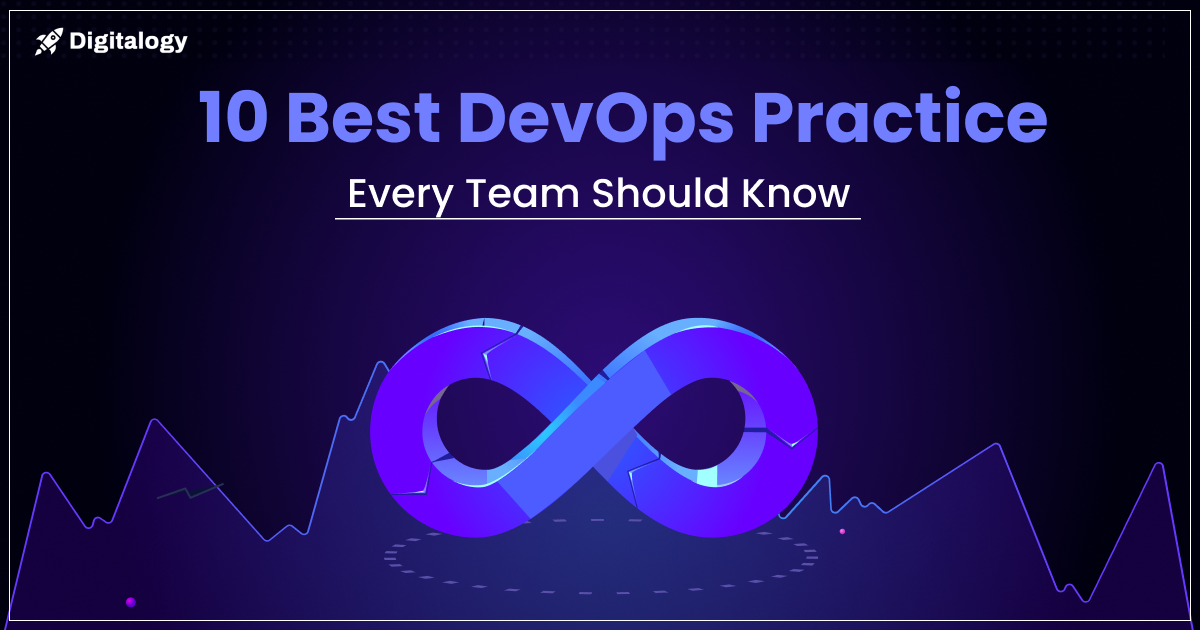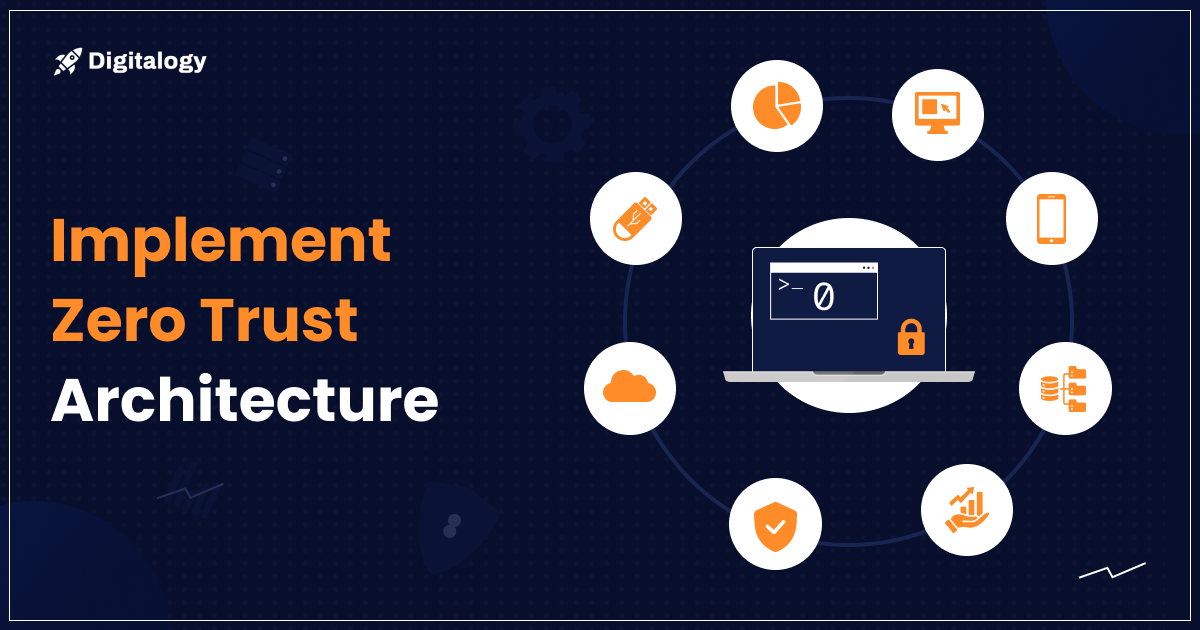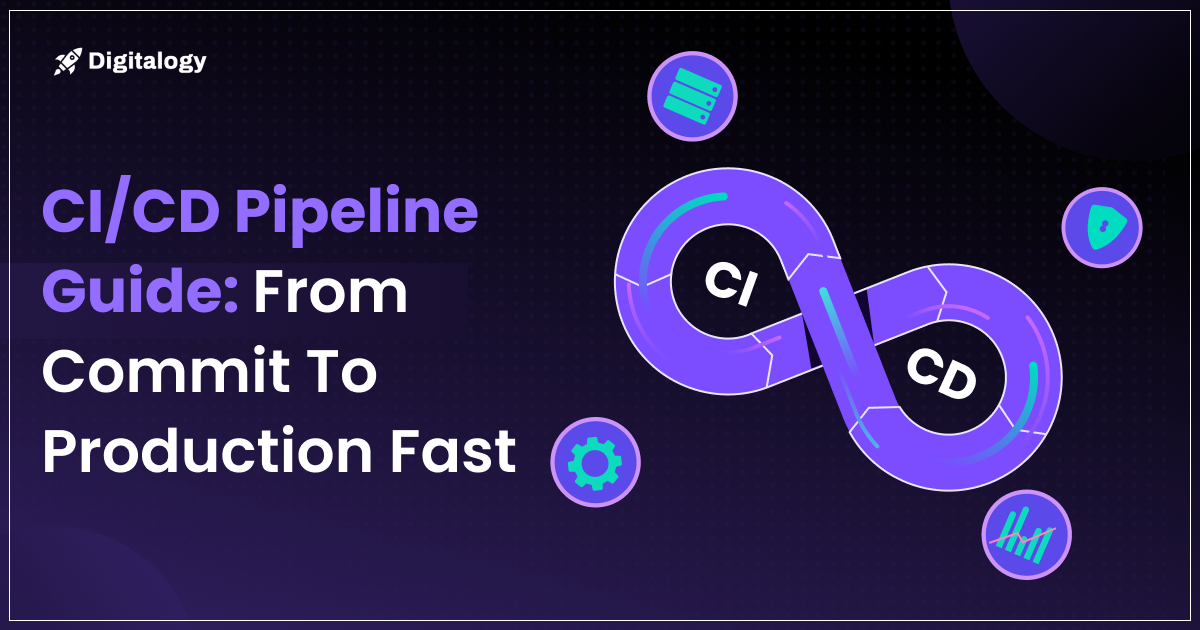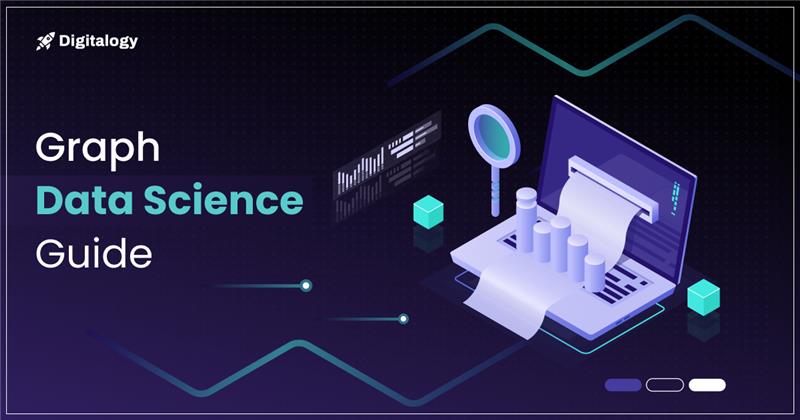It is a fact that Android devices account for more than 50 percent of the global smartphone market. It has become the most popular mobile platform. With time, the popularity of Android applications is increasing rapidly, which, in turn, also increases the demand for Android Programming Skills.
If you are interested in Android phones and devices and are interested in coding, then considering a career as a top-notch Android developer can be an excellent option for you. Exciting work, competitive salaries, and different career opportunities are some of the fantastic benefits of pursuing a career in Android development.
However, learning Android Programming is not an easy journey. For a non-programmer, there are different steps in this process. However, that doesn’t mean you can’t be a successful Android programmer. Here is a step-by-step guide that will help you how to become an Android developer.
Also read: Top 30 Android Interview Questions For Developers In 2023
Why Choose Android SDK For Android Programming?
It is known to everyone that Android application development is the most popular and hottest tool for mobile app development. Android SDK is a widely used Software Development Kit that facilitates all the required resources to create simple to complex applications that run on the Android platform.
It is provided by Google and includes different materials such as tutorials, guidance, extensive documentation, samples, and different tools. Android SDK comes with Droid emulators that allow the developers to easily experiment with the functionality and process of the Android applications. To use Android SDK, the developers need to install JDK and Eclipse IDE in their systems.
Benefits of Android SDK
- This SDK doesn’t require the users to have any specific programming skills. Beginners can quickly get started with this.
- This open-source software development platform allows developers to share valuable technologies.
- Android SDK comes equipped with different development tools and libraries to help the developers develop and test different applications.
- It supports all the latest and some old Android versions. So, creating and testing an app for older devices will not be a major issue for the developers.
- Android SDK is a reliable and handy software development kit for all.
- It is free to use and provides the developers with the necessary information.
It may be noted that the Android SDK works perfectly on Linux, macOS, and Windows. So, one can develop Android apps on any of these platforms. Even though the Android SDK is easy to use, there are some steps that beginners can follow to start developing apps without any hassle.
Also read: Types Of Application Software In 2023 [With Examples]
A Step-By-Step Guide To Android Programming
Like other app development platforms, Android also requires developers to achieve certain skills. When the developers have the right tools and techniques, it will become easier to create Android apps. However, here is a step-by-step and detailed Android Development Roadmap that can help in become an Android developer.
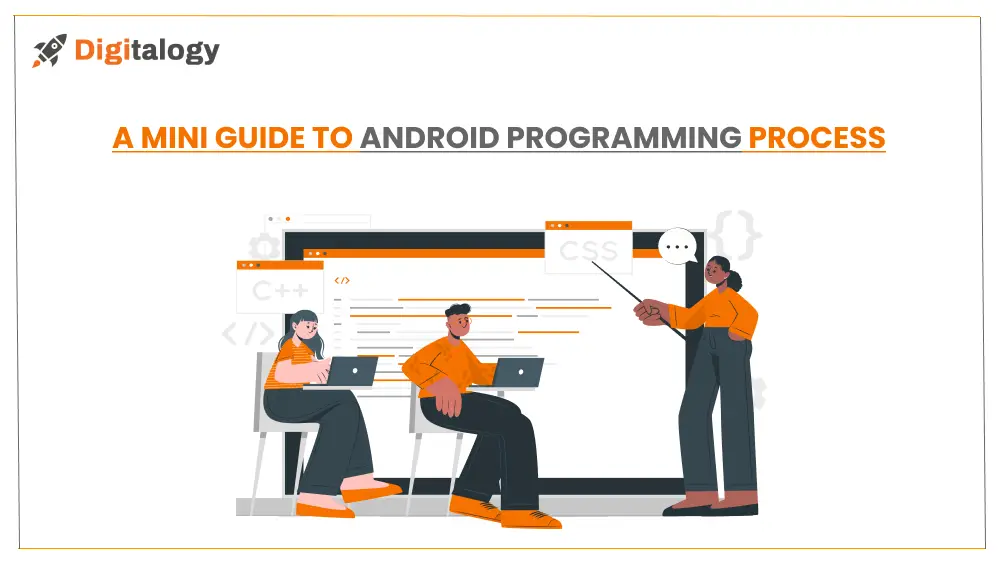
1. Begin With Learning a Programming Language
Android programming or app development requires an app developer to develop technical skills and learn about different programming languages. It will be better for developers to learn about Java, SQL- Structured Query Language, Kotlin, and XML- Extensible Markup Language. Java is one of the two crucial Android programming languages. Apart from learning about Java Syntax and form, getting familiarized with classes, variables, static methods, inheritance, loops, and more will be better.
On the other hand, Kotlin is another primary programming language every Android developer needs to learn. Developed by Google, this is a replacement for Java language. With many useful features, Kotlin is designed to simplify the coding process. It can lower the risks of app crashes and coding errors. By learning Kotlin, the developer can also use Kotlin code on Java.
This programming language can be used to develop modern apps keeping in mind better performance and enhanced features. While learning about Kotlin, it is advisable to focus on OOP-Object-Oriented Programming, algorithms and data structures, and Syntax and idioms. Learning SQL will help the developers to organize databases effectively within the apps. Furthermore, learning GIT programming will allow Android developers to develop and use multiple repositories.
Before deepening Android programming, developers should develop their skills in these languages.
2. Understand the Android Application Lifecycle
Developers who have already developed web or desktop applications need to understand that developing apps for mobile phones is different. In the case of a desktop application, the Operating System will manage the application and its priorities. On the other hand, in Android, the developers can code the application to handle various external events.
For example, deciding what the app will do if the device receives a message or call while playing a game. The app needs to be designed in such a way that it can interact seamlessly with other applications. With a better understanding of the Android application lifecycle, one can build an app that will play nicely with other apps to create the best user experience.
3. Learn and Understand the Basics
Another major step in the Android Development Roadmap is understanding the basics. There are different components in the Android development platform. Before one can begin developing an app, it is crucial to know about those components and how they work to develop a functional Android app.
Those who are wondering how to learn Android development for free can join free online training courses that will help them familiarize themselves with the basics. Besides, they can also learn about standardized security practices, app configuration changes, and more.
After obtaining knowledge about the Android platform’s elements, it will be easier to design and develop an app with different tools. Developers can also visit the official Android development website to get other ideas and learn about the technologies related to Android development, suggestions, and more. Even though it is not a mandatory step, it can help get a better insight into development concepts.
4. Learn About Various Android Tools
All beginner Android developers must know about some important Android development tools. One can’t move forward with Android programming without understanding Android Studio. Developed in 2013 by Google, it is the official IDE- Integrated Development Environment.
When it comes to coding, the IDE can offer some valuable functionalities like Syntax highlighting, building, auto-completing, and more. It can also complete the names of fields, methods, keywords, and classes. Some other IDEs that can be used for Android programming are NetBeans, Eclipse, IntelliJ IDEA, and Komodo.
However, Android Studio is free to use and is a grade-based build system. It supports a wide range of testing tools and frameworks. Furthermore, it has a layout editor and supports C++. With this, android developers can reduce the setup time and standardize the app development process.
Performance will always be a significant consideration when working on a mobile and web project. And using FlowUp, developers can quickly check their Android app performance. It is a SaaS soliton. It provides the developer with an easy-to-use dashboard to review the critical metrics for their apps, such as disk usage, bandwidth, CPU, and more.
Another primary tool an Android developer can get help from is the Git tool- A VCS- Version Control System. This tool lets the developers keep track of changes in the app’s codebase. They can also compare, merge, and analyze multiple changes and restore the older versions when required. By learning how to use the Git tool, developers can easily handle small as well as large-sized projects.
It will also be helpful if developers learn about Gradle. It helps in developing, compiling, and publishing apps.
5. Begin With a Small Project
After a basic understanding of common tools, programming languages, and platforms, beginners can develop their first app. Begin with a small app and progress slowly. While using an open-source platform, they can also interact with the community and other developers to enhance their skills and find more opportunities. Beginners should pick a topic that they like.
One can easily find many free Android programming projects on GitHub. They can choose from different projects, like review projects, bug fixing, etc. Test and debug carefully to ensure the app is ready to work in different situations. App testing can be done using the emulator.
Read articles on various Project ideas-
6. Distributing the Android App
After completing the first project, the next major step in the Android Develop Roadmap is distributing the app. There are different ways to do that, for example, launching the app on Google Play Store or using a third-party website. Google’s standards for Android app acceptance are pretty simple.
7. Keep Learning and Practicing
Every beginner should remember that they can’t become a successful Android developer overnight. A simple app also requires 24×7 attention to keep running smoothly. Android app technology and design trends change faster, and developers must keep themselves updated about the latest trends in Android programming.
Conclusion
Those wondering how to become an Android developer can always consider this detailed guide. Android development is a challenging programming task, but by understanding the basics, beginners can find it easy to move ahead in this field. However, they should keep in mind that the career of an Android developer involves continuous learning, but the financial and personal rewards can be significant.
Every developer must get acquainted with different facets of Android libraries and frameworks. How to learn Android development for free? Is it possible? Yes, beginners can enroll in free courses to start their Android programming journey.



